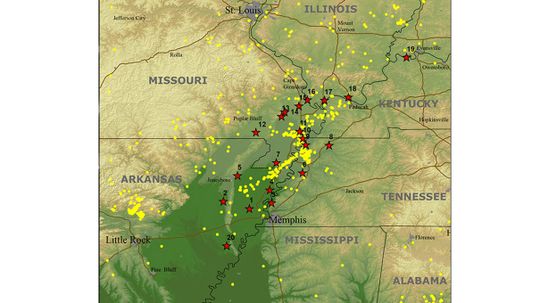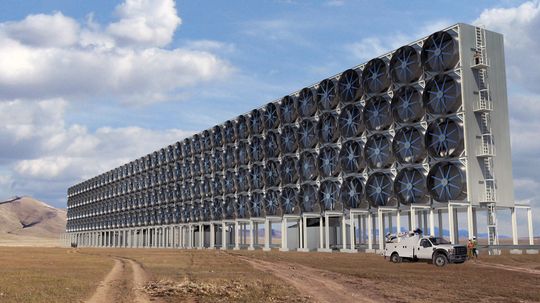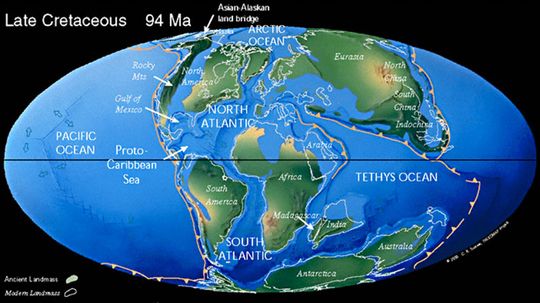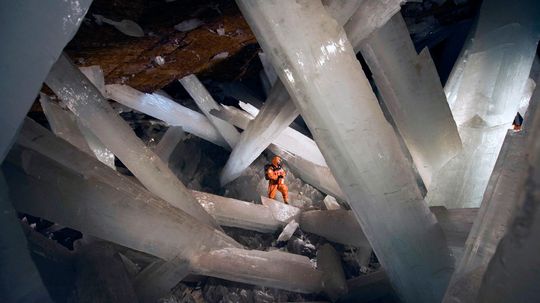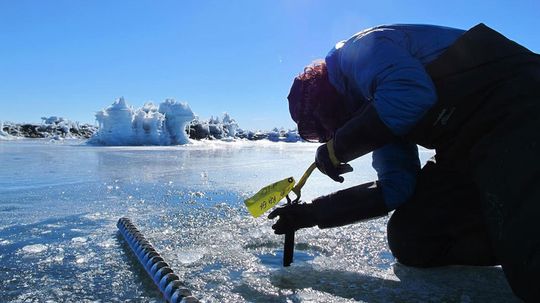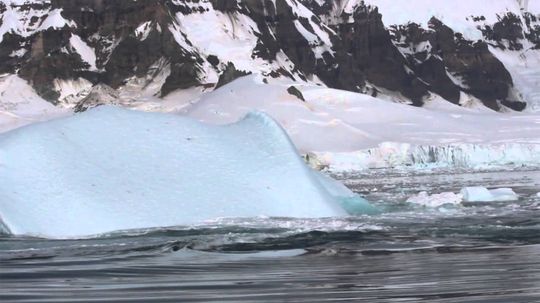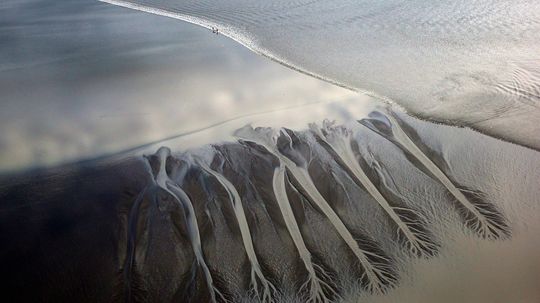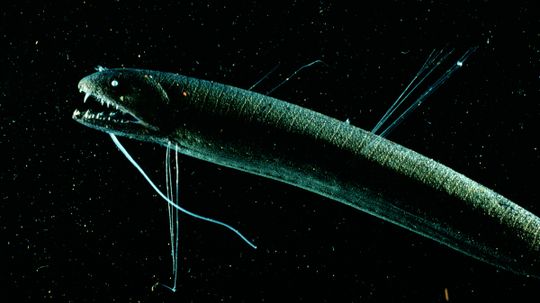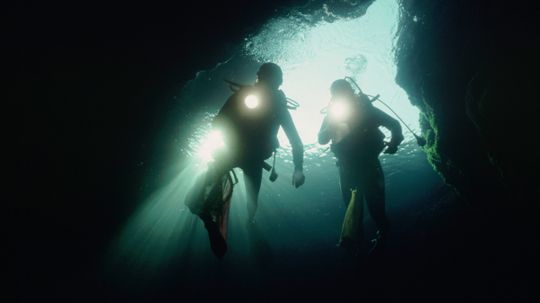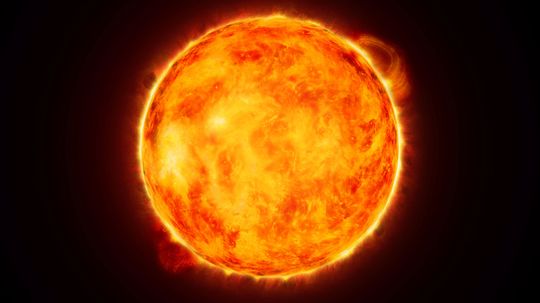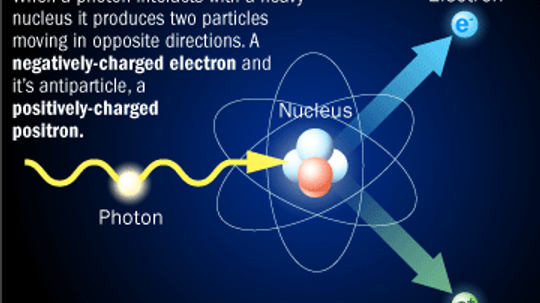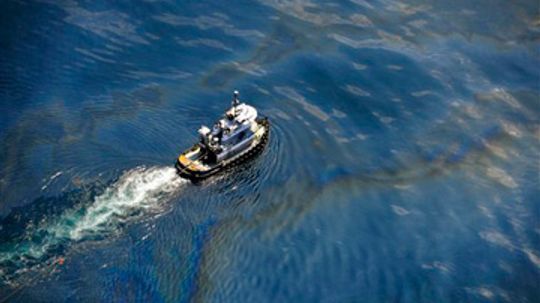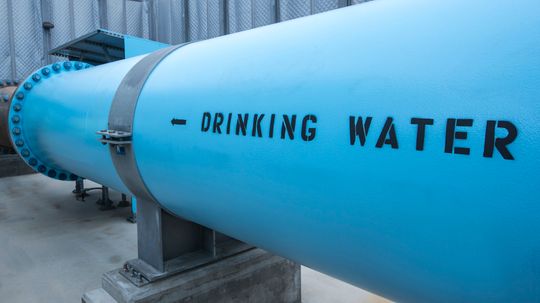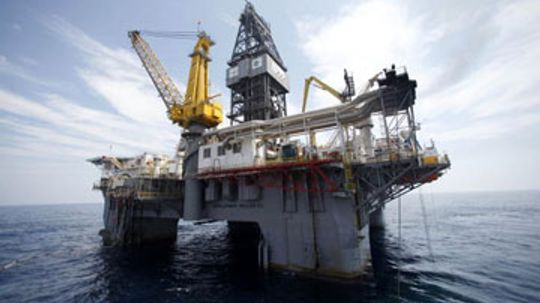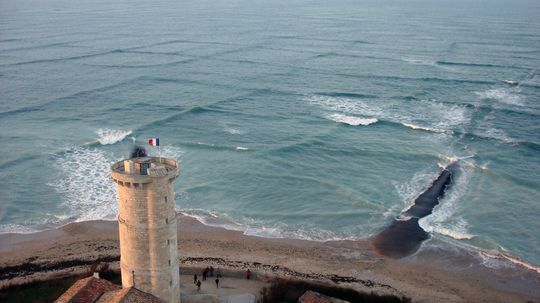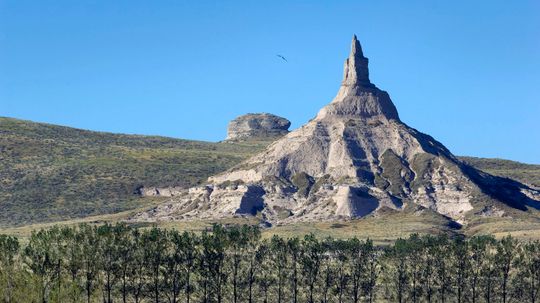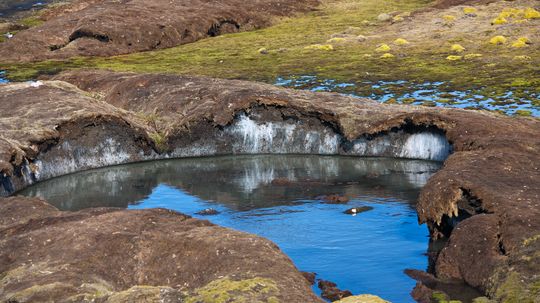Environmental Science
The environment is truly a thing of beauty and should be protected whenever possible. What can we do to save the environment, and what new technology is available to help us?

The Fish Doorbell Isn't a Joke ... Seriously
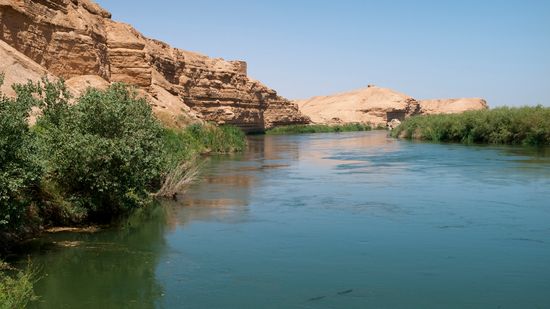
The Euphrates River, at the 'Cradle of Civilization,' Is Drying Up
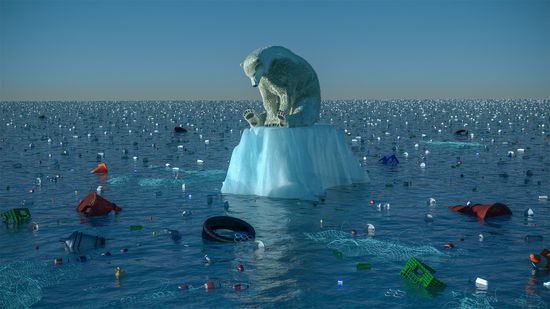
Study Says 2035 Is Climate Change Point of No Return
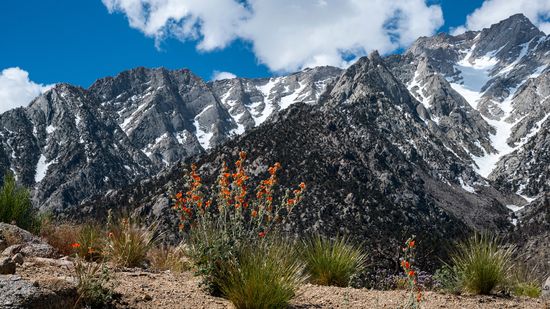
What State Has the Most Mountains in the U.S.? 8 Peak Records
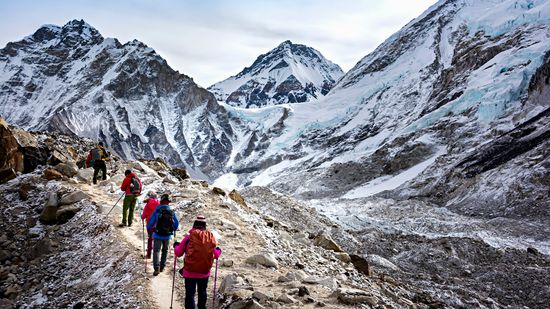
The Most Dangerous Mountain to Climb (and 14 Giving Steep Competition)

15 Types of Gemstones to Add a Little Sparkle to Your Life
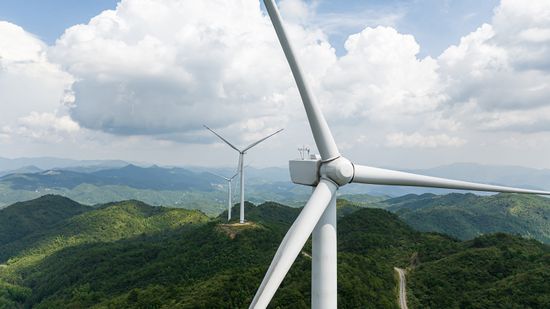
How Many Birds Are Killed by Wind Turbines, Really?

How a Lithium Mine Works and Impacts Local Communities
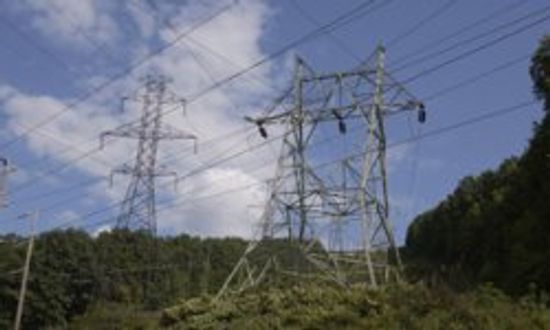
How to Sell Electricity Back to the Grid
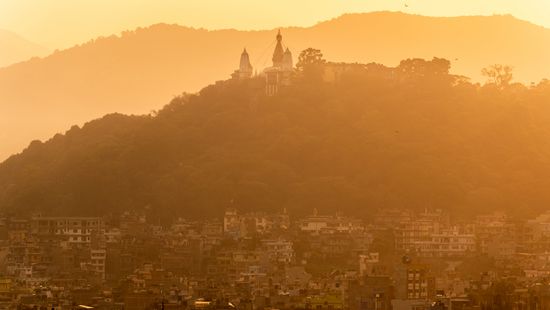
The Worst Air Quality in the World Is in Mountainous Terrain

The World Hits 8 Billion People; Is That Good or Bad?
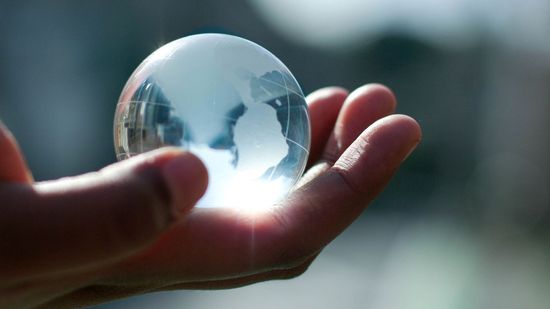
Quiz: Can You Tell Climate Change Fact From Fiction?
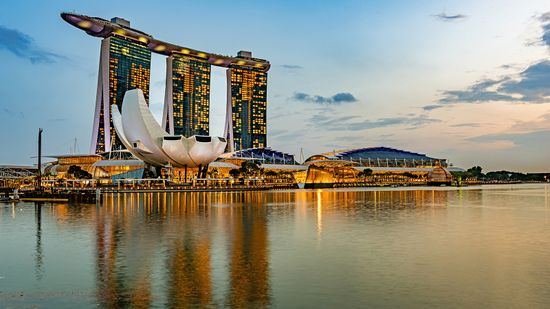
6 Most Futuristic Cities Powered by Renewable Energy

Top 5 Green Robots

5 Things to Consider When Building a Solar-powered Home
Learn More / Page 20
Scientists have found that chemicals in some sunscreens can cause coral bleaching, prompting the Hawaii state legislature to propose an exhaustive ban on them.
Will a town in southern Missouri be the epicenter of the next 'big one'?
By Mark Mancini
Wouldn't it be nice if we could pull CO2 out of thin air and transform it into a fuel that's better for the environment?Now we can.
By Mark Mancini
Advertisement
The Ancient Earth visualization map shows the movement of the planet's tectonic plates in a really cool way.
Massive gypsum crystals were discovered beneath Mexico's Sierra de Naica Mountain in very inhospitable environs - to humans anyway.
By Mark Mancini
Scientists set up two stations to capture this strange seismic activity.
By Mark Mancini
Around 90 percent of an iceberg is under the water, but changing weight distribution caused by melting can make it flip.
Advertisement
The super-cool phenomenon of tidal bores happens in only a few places on the globe, and it takes a very specific set of conditions to occur.
By Mark Mancini
Sweden puts less than 1 percent of its household trash into landfills, in part because it burns nearly half to generate heat and electricity.
There's still a lot we don't know about the world. A thousand years ago, we thought we could literally sail off the edge of the planet. Good thing we're quick learners. But while space may be the final frontier, the ocean may be the greater mystery.
There's no denying it: "Anomaly" is a great word, full of danger and mystery. So when an underwater object is declared a bona fide anomaly, it's no surprise our ears perk up a bit. But is the Baltic Sea anomaly worth the hype or just a big old dud?
By Kate Kershner & Yara Simón
Advertisement
Introducing a new species into an ecosystem can have unforeseen and disastrous consequences for the species that already live there.
Could the source of Earth's future energy come from an ambitious idea to encircle the sun with technology? Maybe, but it's a concept that's a long way from today's reality.
There's no question that people are interested in solar energy. The problem has been how to store it. Could the much-hyped Powerwall home battery change that scenario?
We humans love to create. We build soaring skyscrapers from the ground up. We fill blank canvasses with timeless, magnificent art. Can we achieve the ultimate feat and generate matter?
By Robert Lamb
Advertisement
The end of Earth will likely come about because of the sun in our solar system. This much you might already know, but we actually have an approximate date.
By Robert Lamb
Despite the best efforts of disaster prevention crews, oil from the Deepwater Horizon spill affected creatures and plants both on land and in the water. Is it possible to know the entire environmental impact of the spill?
As global freshwater sources become scarcer, desalination plants play an increasingly pivotal role, transforming our vast oceans into drinkable reserves. Let's delve deeper into the mechanics of these vital facilities.
Relief wells made the news as a possible method to cut off the Gulf Coast oil leak, but that's not all they're used for. How do these wells prevent and stop dangerous overflows?
Advertisement
Everyone loves foraging for seashells at the beach, but the true jackpot is finding a perfect unbroken sand dollar. However, taking one home may not be such a good idea.
By Alia Hoyt
Square waves also called Cross-sea waves may looks super cool. But you never want to get caught up in the grid-patterned waves they generate.
The U.S. is full of exceptional geological formations. But these five set the bar high as far as landmarks go.
By Mark Mancini
This white-hot metal not only makes beautiful jewelry, it's coveted for industrial, medical and military purposes too.
By Alia Hoyt & Desiree Bowie
Advertisement
The world has only had time zones since the late 1800s. Some people think we should eliminate them and have just one universal time instead.
Permafrost across the globe is rapidly melting. What could this mean for the future of the planet?
By Mark Mancini

